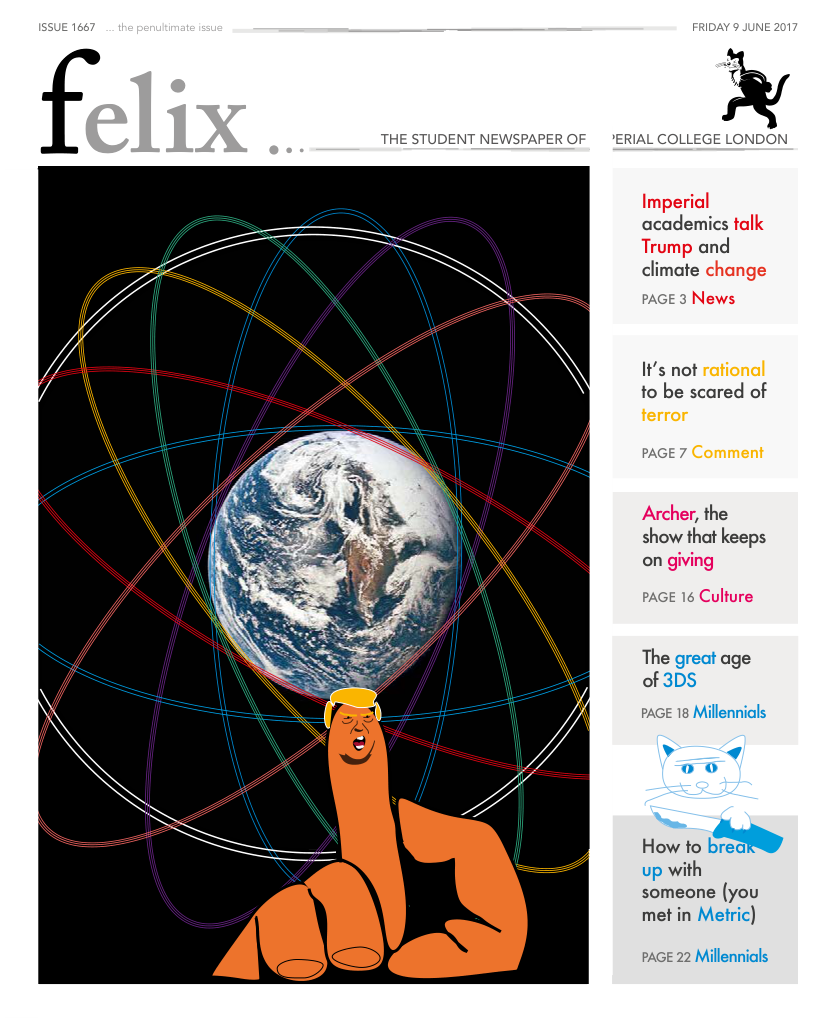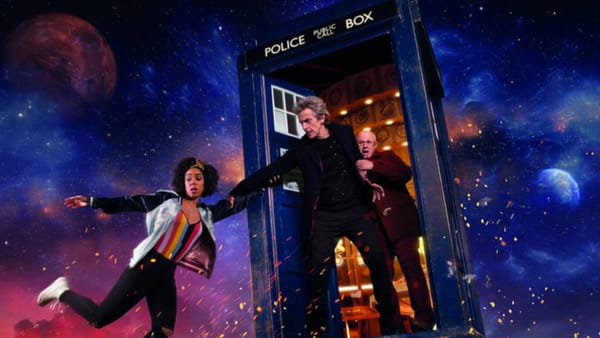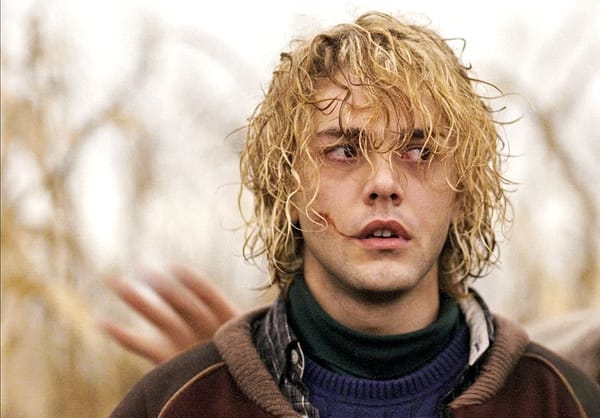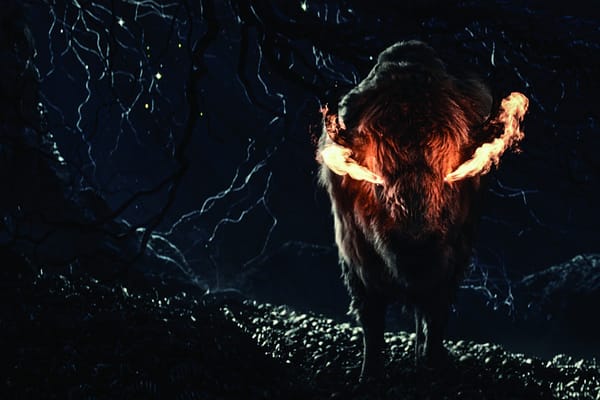An Ode to Sense8
We were robbed of one of the most spectacular, queer inclusive, and diverse shows shows on TV.
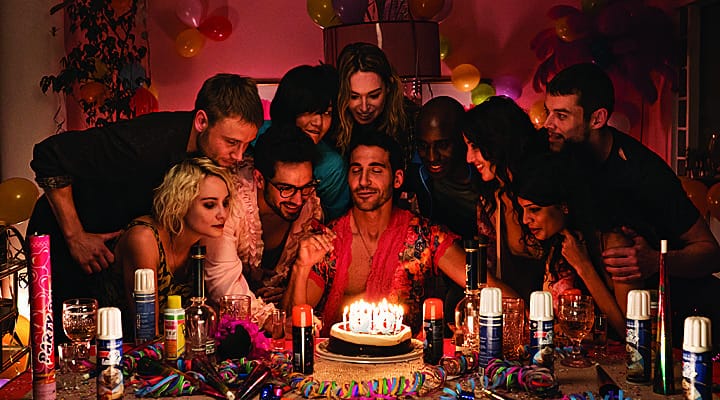
Three weeks ago I embarked on an emotional binge-watch of the 2015 Netflix original Sense8. Within two weeks I’d managed to watch the 23 near hour-long episodes of the first two seasons. Then a week later it was announced that sense8 would not be getting renewed, that episode 23 would be the last ever episode, and just like that I was heart broken. To the uninitiated, the series revolves around the lives of eight strangers who one day find themselves connected, reborn as one as sensates. They become a cluster of eight people sharing their lives, their existence; for all intents and purposes from that point onwards they are a single fundamental unit. That’s the cornerstone of the title and this idea of interconnectedness is also its success.
If it sounds familiar it’s because it is. Sense8 is the brainchild of the Wachowskis, directors of the Matrix and Cloud Atlas. All three of these pieces address in some way or another the human condition, our place in the universe and the nature of the glue that connects us. In a way sense8 feels like a philosophical sequel to Cloud Atlas (written by David Mitchell). Who can forget Somni-451 delivering her revelation? “Our lives are not our own. From womb to tomb, we are bound to others. Past and present. And by each crime and every kindness, we birth our future.”
While Cloud Atlas explores the connections of human lives across time, sense8 toys with the same connections across space. The fact that Doona Bae (Somni-451) happens to play Sun Bak, a business woman/fighter from Seoul in Sense8 and one of the cluster’s eight is far from serendipitous. A scene in season two that puts Sun in a near death experience, causing every member of the cluster to experience agony, is possibly one of the most nerve-wracking and emotional scenes I’ve sat through.
Just like Cloud Atlas, Sense8 succeeds as a result of pandering to the ultimate fantasy – connection. We are alone in this world. No matter what, no one will ever be able to share our existence completely. No one will be able to fully understand our views, our feelings, or even something as simple as the meaning of turquoise. This is beautifully put by Lito and Capheus in a scene in season two where they are asked who they are by a journalist. “Who I am is exactly the same as who you are. Not better than, not less than. Because there is no one who has been or will ever be exactly the same as either you or me.” The only force we have to mitigate the crippling loneliness that being human entails, is love, but in the world on this side of the screen love more often than not fails to break the barriers between humans. Behind the screen however, by dissolving this barrier that blocks human connection the Wachowskis get to titillatingly ask, what if we weren’t alone? What would life be like if we could really truly connect with other people? Perhaps playing with this concept alone would have been enough to create great TV but the direction and production ensure the message is driven straight home. It’s hard to describe exactly what the Wachowskis do, but they’ve undoubtedly create some of the most beautiful cinematic scenes I’ve ever sat through (and honestly the sex scenes are some of the steamiest and most breathtaking scenes I’ve ever seen). Most importantly though they manage to really convey the feeling of a no-barriers connection between their main cast.
And that leads to another amazing consequence – empathy. The cluster is surprisingly diverse. A white straight American cop, an Icelandic DJ, a trans hacker, a Korean businesswoman/underground fighter, a Kenyan bus driver, an Indian biochemist, a German thief and a Mexican gay action movie star. It is unlikely that anyone watching will fail to identify with at least one of the characters. But identifying with one of them means identifying with all of them.
You’ll feel for Will losing his father just as much as you’ll feel for Riley losing her family, for Sun taking the blame for her brother’s embezzlement, for Capheus trying to find meds for his mother, for Kala getting married to a man she does not love, for Wolfgang extracting his revenge, for Nomi having her transness rejected and for Lito being called a faggot. Speaking of gender and sexual identity, this might be the first major mainstream production where I’ve felt some proper queer representation. Nomi and Lito aren’t just trans and gay tokens. They’re fully developed characters that happen to be trans or gay. This is not surprising given that Lana Wachowski started publicly addressing her transness in 2012, while Lilly Wachowski came out last year as a trans woman. But it’s certainly refreshing and so very empowering as in some ways the queer characters are blessed with some of the healthiest and most beautiful relationships I’ve seen represented on-screen.
It’s unclear what has led to the cancellation of the series. Many have blamed its outrageous budget (though at $9 million per episode sense8 is on the same level as HBO’s Westworld and cheaper than The Crown). In a recent interview with CNBC, Netflix CEO Reed Hastings said they just had too many hits in their hands. Sadly that seems to mean that if a title doesn’t prove to be a mega-hit it doesn’t stand a chance. Maybe a petition will give Sense8 a second wind. Until then all that’s left to say is farewell. You’ll be missed. You took us to places we never thought we could be taken and gave many of us the representation we only dreamed we could get. Thank you.


